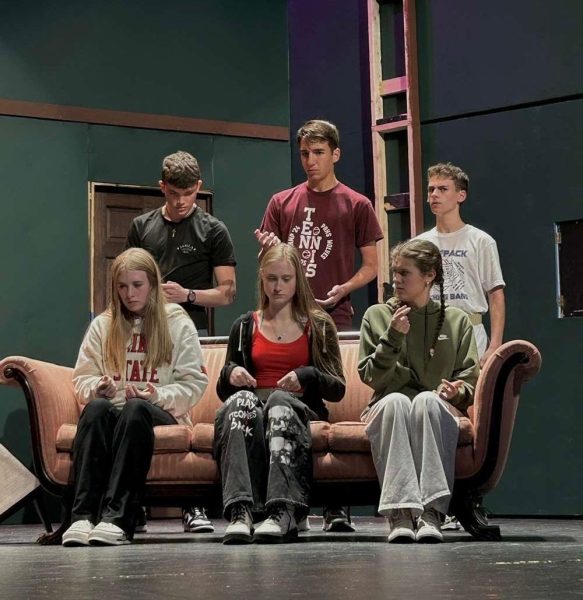North Korea Tension
North Korea has always remained a silent symbol of communism in the world, and one of the few left in it. As a country it remained split from its sister half since the Korean war from 1949-1953. But around our latest decade North Korea has shown great signs of aggression since the demise of Kim Jong Il.
Son and heir to the dictatorship, Kim Jong Un has since held an iron grip on his nation and remains connected to his family’s communist roots. Much of North Korea is still in ruin, and many of its citizens are starving from famine due to Kim Jong Un’s tendency to spend the majority of his nation’s money on military expansion which has since shown a threat to many neighboring countries and including the U.S., China, Japan parts of Indonesia and of course South Korea.
Between these tensions North Korea has had many tests with their latest new weapons posing as possible signs of danger. “It seems once more we’re in another nuclear race. It’s only a matter of time and patience before it comes to conclusion that we either come to an agreement, or rain hellfire,” says veteran George Boswell, who served in the previous Korean conflict.
David Bethers, a local of Crystal Lake, is also concerned about the conflict. “The tensions there are at extremes. I bet many of the locals nearby are terrified, and some may have begun to leave the area. I pity them in their position when a lunatic with a nuclear weapon is right next door.”
The Koreas have faced another major challenge this year during 2018 winter Olympics in Pyeongchang South Korea. This divide between the Koreas exists due to many past altercations.
Approximately 30 years ago in 1988 in Seoul during South Korea’s first summer Olympics, 2 North Korean spies infiltrated a South Korean plane filled with many tourists and some Olympic athletes that year. The spies brought with them a bomb, planting in in the overhead bin the bomb detonated just before landing killing 115 in the plane. It was a devastating blow that lowered morale and further upped the ante on any further terrorist attacks from their unfriendly northern neighbors.
President of South Korea Moon Jae-in, during his speech just after the opening ceremony to the recent winter Olympics stated that he hoped that the events that were to take place would relieve some bitter tensions and help bring their peoples together.
President Trump has also begun action to prevent an all out nuclear epidemic, as he promised during his campaign. Troops are now stationed in South Korea for peacekeeping, and missile tests have also began on the southern front. Trump has even had a blockade in plan to prevent any shipments of any kind to enter North Korean docks.
The United Nations has also brought presence on the matter, discussing and disputing between ways to reduce conflict between nations. Many people believe the citizens of North Korea might revolt against Kim Jong Un’s tyranny. Although a possibility, it is very unlikely for much of North Korea’s citizens to fear their leader, and the odds are that they will remain loyal to their leader despite their circumstances
Many discussions and arguments just like these, even arose in October’s Lyceum debate in the PR Auditorium as the two sides and audience interjected between one another over whether it was time to strike or whether patience will prevail.

Alex (Xan) has been on news team for four years. He writes primarily about national and global news but also works and collaborates with other writers...




